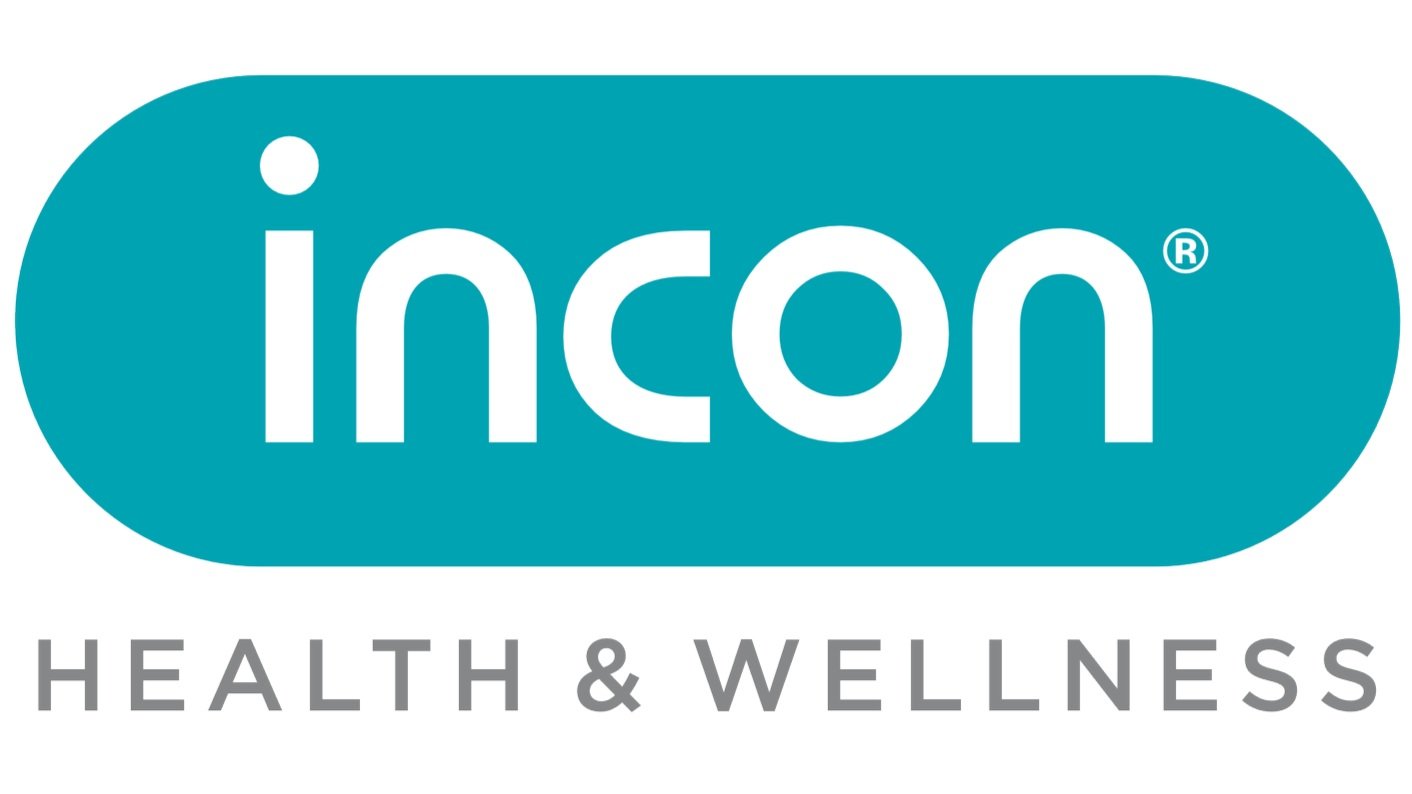Essential EAP Guide
In today's high-stress work environments, Employee Assistance Programmes (EAPs) are becoming increasingly crucial. But what exactly are EAPs, and why should both employers and employees take note? Let's dive in with a quick Q&A.
Q: What is an EAP?
A: An EAP is a workplace support program aimed at helping employees deal with personal or work-related issues that might impact their job performance, health, and well-being. It offers confidential counselling, advice, and support services.
Q: How do EAPs benefit employees?
A: EAPs provide a confidential lifeline for employees facing challenges like stress, financial issues, relationship problems, or mental health concerns. They offer professional support without judgment, helping employees navigate tough times.
Q: Why should employers care about implementing an EAP?
A: Beyond the ethical considerations of supporting employees, EAPs have a direct impact on productivity, engagement, and workplace harmony. They can lead to reduced absenteeism, lower turnover rates, and a more motivated workforce.
Q: Can EAPs actually save a company money?
A: Absolutely. By improving employee well-being, EAPs can lead to higher productivity and less time off work. They also play a role in retaining talent, saving on the costs associated with hiring and training new employees.
Q: Do EAPs make a difference in workplace culture?
A: Yes, they signal that a company values its employees' well-being, fostering a supportive and inclusive culture. This can enhance teamwork, reduce workplace conflicts, and make the company a more attractive place to work.
Conclusion
EAPs are not just a nice-to-have; they're an essential part of modern organisational health, showing a company's commitment to its employees' well-being. In the face of today's workplace challenges, the value of EAPs cannot be overstated—they're a win-win for employers and employees alike.

